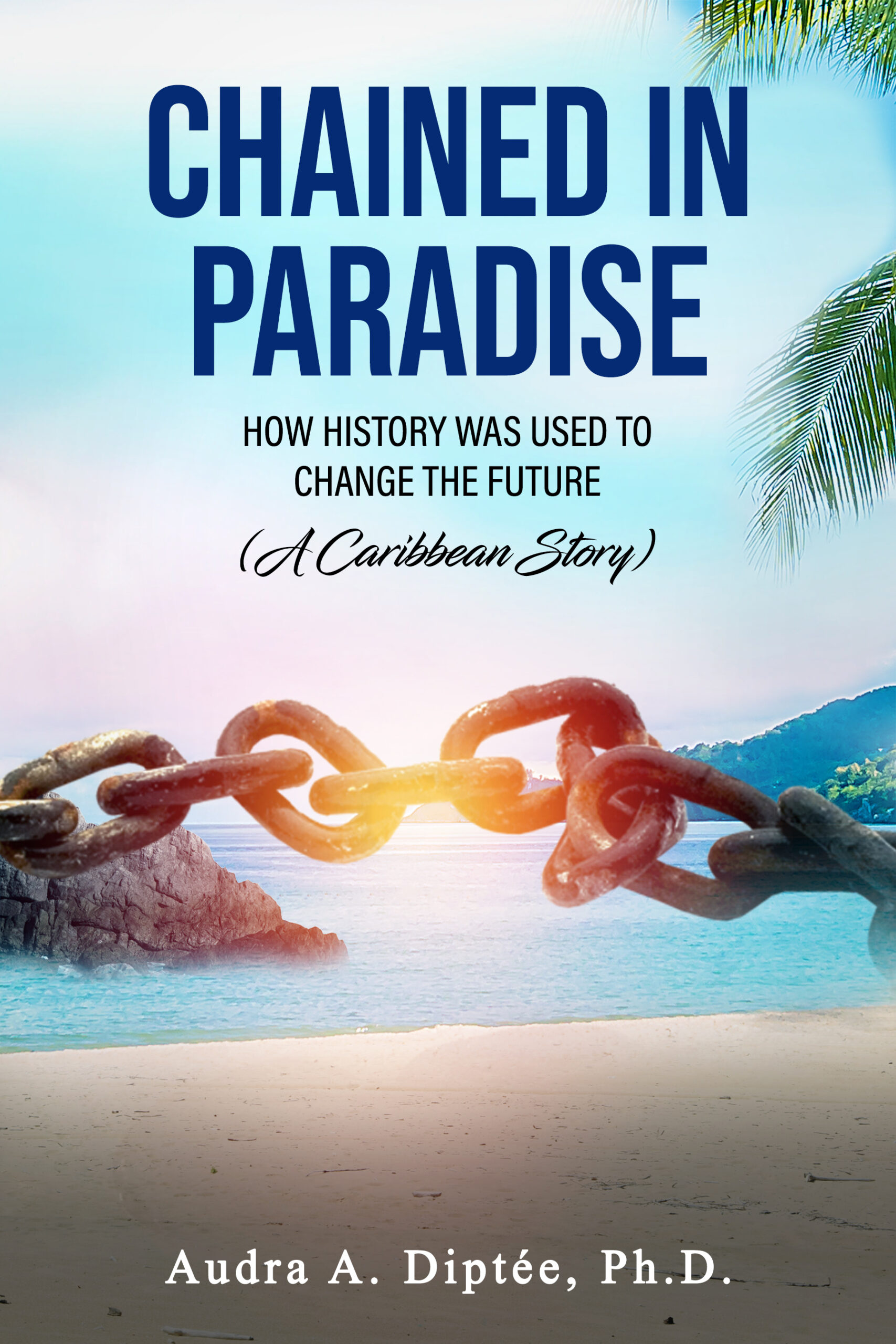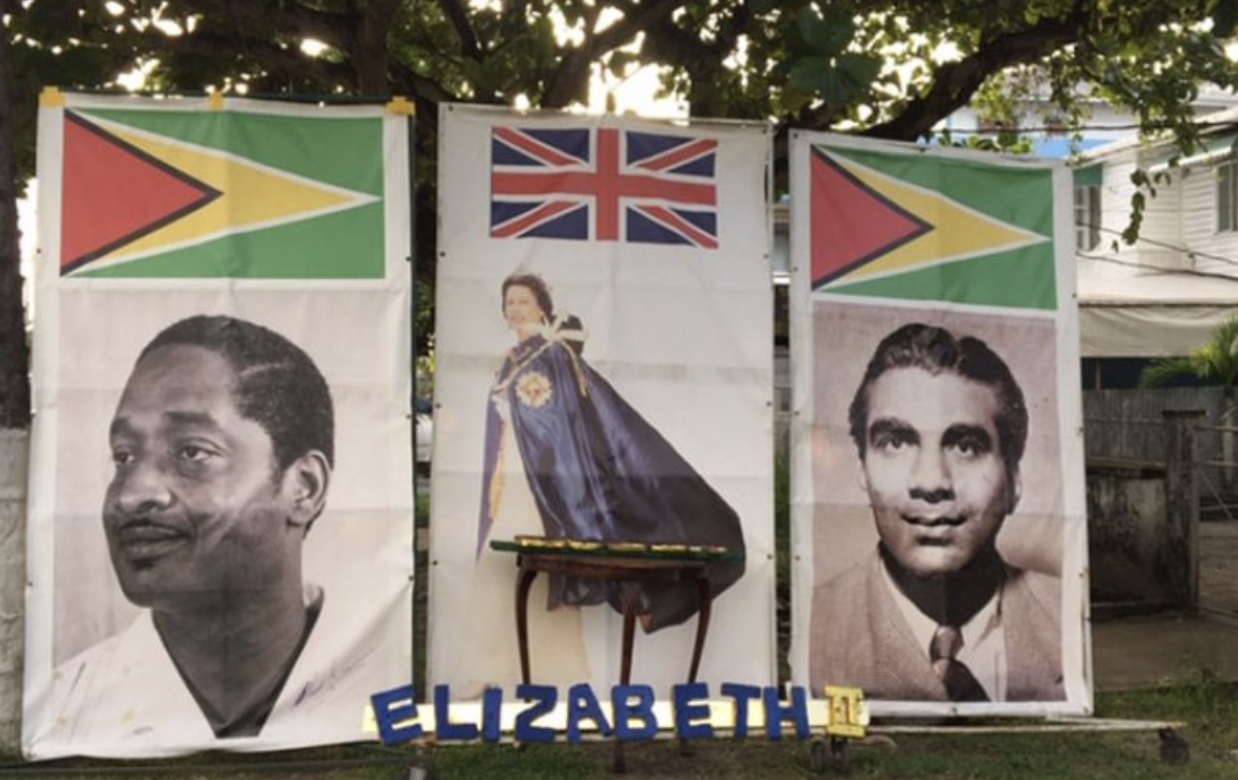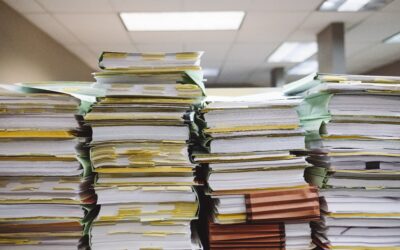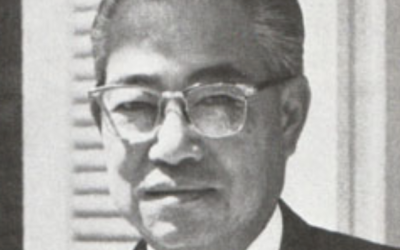1953: Mystery Solved?

Written by Audra A. Diptée
Why are there virtually no documents from British Guiana (modern-day Guyana) among the documents that were secretly removed from British colonies under Operation Legacy? How do we explain this mystery?
When information about the specific documents was first released to the public, the historian Richard Drayton wrote an article pointing out it was troubling that there were no documents for British Guiana.
The colony was “of interest” to both Britain and the United States. It seemed unlikely that there were no documents given that:

British Guiana saw one democratically-elected government overthrown by British troops in 1953, a heavy British security presence in the late 1950s, and then from 1962-4 a very well-documented joint British and American covert operation, which involved terror, bombings, detention of politicians, and black propaganda.
Richard Drayton, “Britain’s Secret Archive of Decolonisation”, History Workshop, 19 April 2012.
Mystery Solved?
I’ve stumbled across a document that brings us a little closer to understanding why we do not have access to these documents …
In the case of Guyana, it turns out they chose to destroy many more documents than they kept.
As a general rule, only white British administrators were supposed to decide which colonial documents were to be destroyed, ‘migrated’ to England, or left in the Caribbean.
But the processing of colonial documents required labour, time, and effort.
In words taken from one of the documents:

The big problem in [British Guiana] … is that there are only two administrative officers! – Sir R. Grey and Mr. Murphy. (November 22, 1962)
In British Guiana, they simply lacked the manpower.
The Governor (Sir Ralph Grey) was told that any sensitive documents produced in 1953 or after could be “destroyed without examination.”
In other words, they destroyed documents produced after 1953 without even looking at them!
Why 1953?
Rest assured, this was not a randomly chosen year ….
Before 1953, most people in British Guiana did not have the right to vote.
Here’s a timeline for 1953:
- April 27: Cheddi Jagan was democratically elected by the people of British Guiana.
- May 15: The Colonial Office started a secret filing system for British Guiana under Operation Legacy.
- October 9: Cheddi Jagan and others were arrested by the British. A State of Emergency was declared. The constitution of British Guiana was suspended. The (British) Governor ruled for 3 more years.
In other words, hiding and controlling these documents was not an after thought.
The British were simultaneously imposing political power and putting plans in place to hide documents from the “prying eyes” of the people they colonized.
This brings us just a little bit closer to understanding how things unfolded under Operation Legacy!
Do you have any thoughts about this post? If so, hit the reply button at the end of this page. I would love to hear your comments ….
Join me for more updates on Chained in Paradise: How History was Used to Change the Future (A Caribbean Story).
Sign up below (⇓) to follow my progress and to get a sneak peek of my research findings …
Amicalement,


Written by Audra A. Diptée

Want to hear more about these secret documents?
Sign up below for a sneak peak of research findings, to get sample chapters, and to follow progress on a project that traces how the powerful used history to change the Caribbean future …
Related Articles
Related
How secret documents changed the Caribbean future
The world learnt about Operation Legacy in 2011.
It was a British policy to destroy and hide documents just before each of its colonies gained independence (1950s-1970s) …
Fortunately, they are now available to historians …
The plot twist …
In 1961, Trinidad & Tobago was the only British colony to have a Governor who was not white and Caribbean-born …
His name was Solomon Hochoy.
Until recently, I thought he had no knowledge of British efforts to destroy and hide colonial documents …



